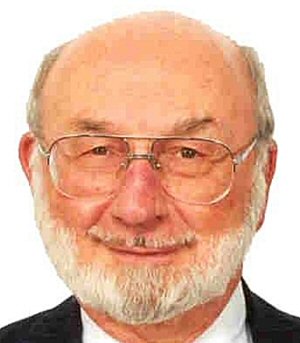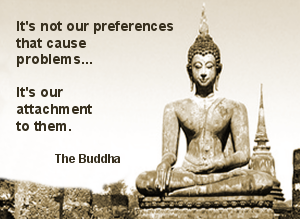
Hile Rutledge, president of OKA Associates, has announced that Otto Kroeger has passed away. In his tribute, Hile states that “Otto’s life and work touched many thousands around the world”. That is certainly the case, possibly even an understatement, and I was one of those he helped through his books, his advice, and his friendship.
Otto was known as “Mr MBTI”, an expert, pioneer, and author in the field of personality type. What stood out for me was the way he brought the subject to life, in both his writings and his speech, with humour. The most famous of these was the “hamburger” story.


 Press freedom vs regulation
Press freedom vs regulation
